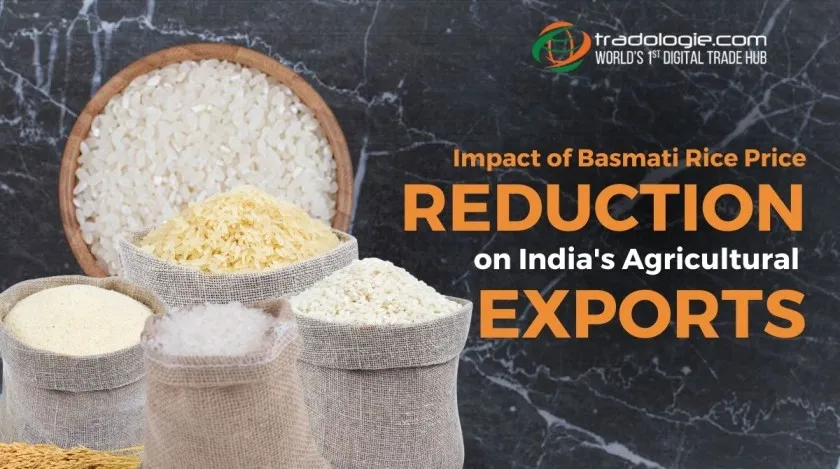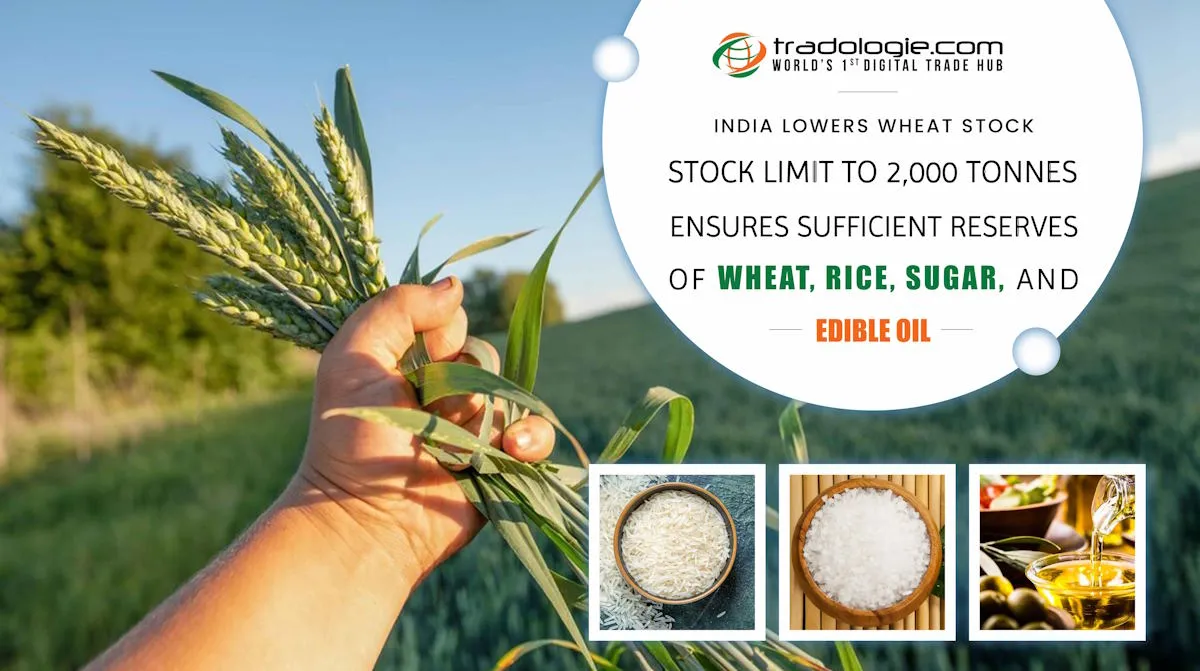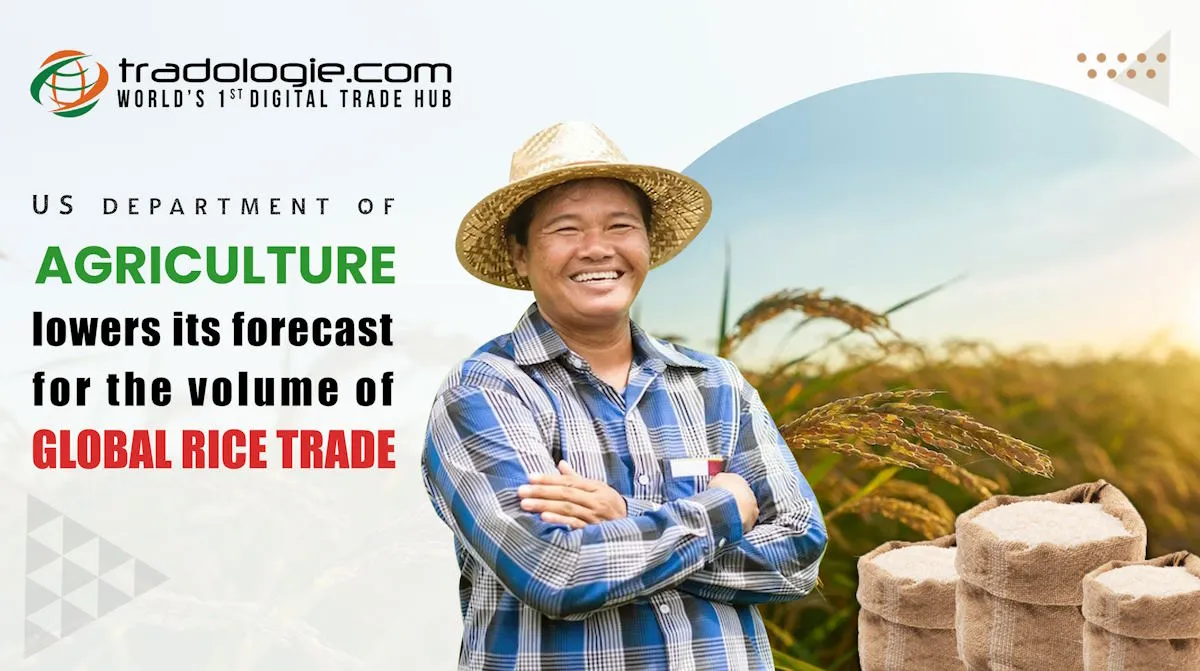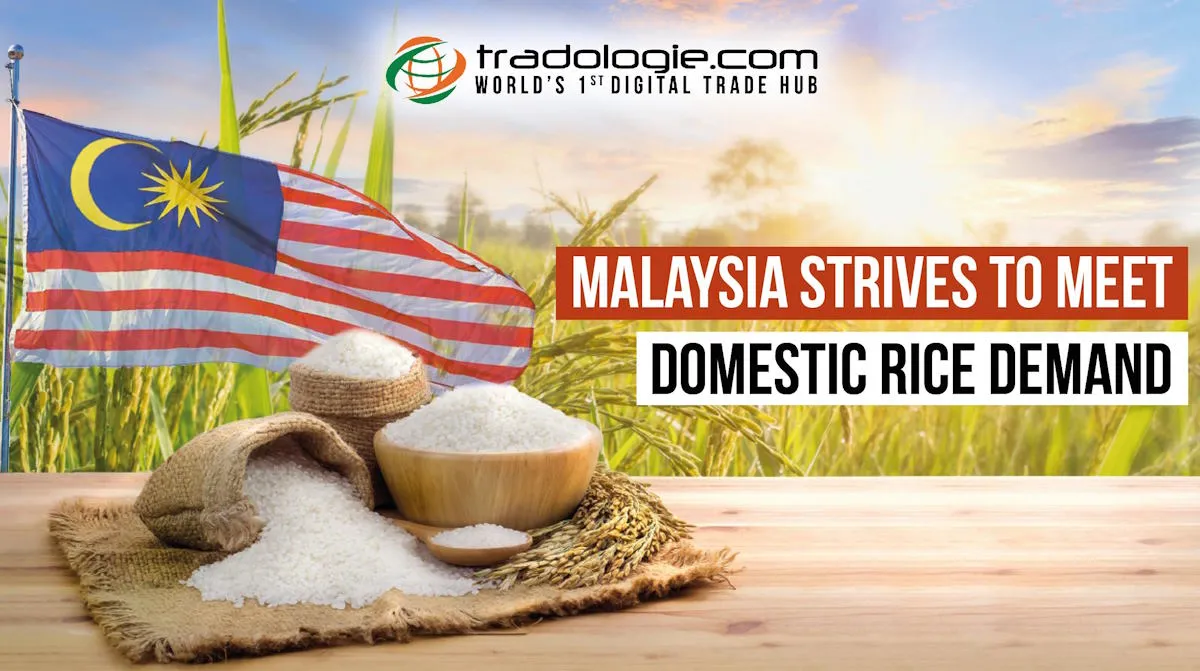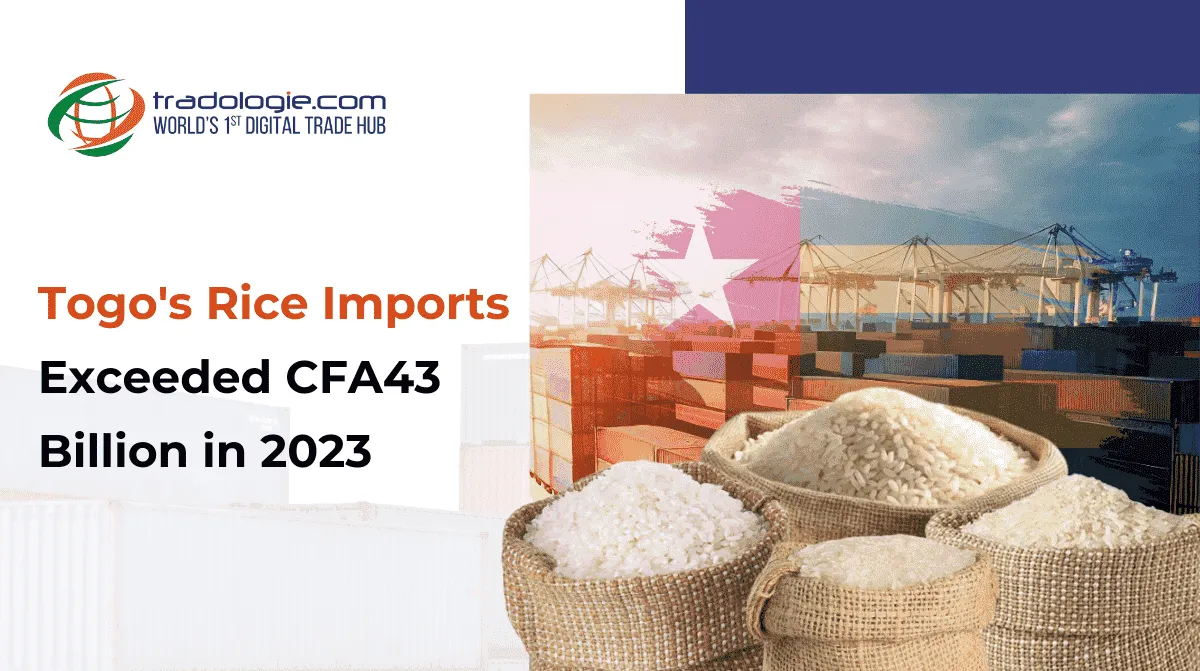The recent surge in Indian Basmati rice exports is set to have significant implications on the global B2B rice market. With India recording a 15% growth in Basmati rice shipments in FY 2023-24, reaching 5.24 million tonnes from 4.56 million tonnes the previous year, it indicates a strengthening position for Indian rice exporters. This growth, generating $5.83 billion in revenue, highlights the increasing demand for Indian Basmati rice driven by its competitive pricing and superior quality.
For rice exporters and globally, this growth marks a potential shift in international market dynamics. As Indian Basmati rice gains a larger market share, other exporting nations may face stiffer competition, necessitating strategic adjustments in their pricing, quality, and supply chain management to remain competitive. Furthermore, Indian exporters' ability to source rice cost-effectively due to favourable price dynamics will allow them to maintain and even increase their presence in key markets.
Price Dynamics and Its Impact on the B2B Rice Market
The pricing of Basmati rice in international markets is influenced by several factors, from cultivation to retail. Favourable weather conditions, which led to a robust paddy harvest in India in 2024, have reduced paddy prices. As a result, Indian exporters are able to source rice at more competitive prices, setting off a chain reaction that affects both wholesale and retail prices. Lower costs for rice suppliers help them offer competitive prices to buyers, who in turn are more likely to purchase in bulk.
This reduction in costs is particularly beneficial for buyers in international markets who are looking for long-term supply agreements. With bulk procurement becoming more affordable, importers are likely to pre-book large volumes, securing their rice supply at favourable prices. This creates opportunities for Indian exporters to strengthen their order books and secure long-term contracts, thereby stabilising their revenues even when prices fluctuate.
Strategic Inventory and Supply Chain Management
The reduced prices of Basmati rice are not only advantageous for international buyers but also offer strategic benefits for rice exporters. With more orders flowing in due to competitive pricing, exporters can reduce the need for long-term storage, which helps streamline inventory management. By minimising the costs associated with storage and avoiding the risks of price volatility, Indian exporters can operate more efficiently and pass on further cost savings to their buyers.
Moreover, efficient supply chain management will play a crucial role in maintaining competitiveness. As buyers in key international markets like the Middle East, Europe, and North America accumulate larger stocks of Indian Basmati rice, exporters can plan their shipments more effectively, taking advantage of contemporary freight costs. This strategic alignment between pricing, inventory, and supply chain management will be key to maintaining a competitive edge in the global B2B rice market.
Climate's Role in Price Reduction
The favourable weather during the cultivation period has played a significant role in the price reduction of Basmati rice. Supportive climate conditions, such as adequate rainfall and sunlight, have allowed for a strong paddy harvest, directly reducing paddy prices. This price reduction at the cultivation level has a cascading effect on the entire supply chain, ultimately lowering the retail price of rice.
For the global B2B rice market, favourable climatic conditions in rice-producing countries like India have significant implications. When natural conditions support strong yields, it allows rice suppliers to source and sell rice at reduced prices. This benefits international buyers, who are likely to make bulk purchases when prices are favourable. However, this dynamic is contingent upon ongoing climatic conditions, and any adverse changes could reverse this trend, potentially increasing costs for exporters and buyers alike.
International Market Implications and Revenue Dynamics
The pricing of Basmati rice on the global market is a complex issue, influenced by both domestic factors in India and international currency fluctuations. When the price of Basmati rice is reduced, global buyers, especially in key importing regions, tend to accumulate high volumes for long-term use. This, in turn, provides exporters with a consistent revenue stream, even when the total turnover may fluctuate due to price variations.
For instance, a reduction in the price of rice per kilogram may lead to lower overall revenue even if the volume of rice exported remains the same. Currency fluctuations, particularly in the value of the US dollar, can further impact this dynamic. However, the focus for rice exporters should remain on volume rather than turnover, as maintaining a high volume of exports is essential for sustaining market share and long-term business viability.
Future Prospects for Indian Basmati Rice Exporters
Looking ahead, the reduced prices of Basmati rice in FY 2023-24 present promising opportunities for Indian rice exporters. As buyers in international markets pre-book large volumes at lower prices, exporters can focus on optimising shipping and inventory management to maintain cost efficiency. However, potential increases in shipping costs due to fluctuating freight rates could introduce challenges. In such cases, negotiations between exporters and buyers will be crucial to ensuring smooth trade flows without significant disruptions.
As long as climatic conditions remain favourable and pricing remains competitive, Indian rice suppliers are well-positioned to expand their market share globally. This not only bodes well for the Indian economy by contributing to the reduction of the trade deficit but also reinforces India's position as a leading exporter in the global B2B rice market.
Conclusion
The surge in Indian Basmati rice exports is a significant development for the global B2B rice market. With increased demand driven by competitive pricing, rice exporters in India have a golden opportunity to expand their market share and secure long-term trade relationships with international buyers. As climatic conditions continue to support robust yields, and as exporters optimise their supply chain and inventory management, the prospects for Indian Basmati rice exports look brighter than ever.
If you want to export or import agro commodities in bulk, Tradologie.com is the best B2B platform. It facialites the bulk transactions without any middlemen through its state-of-the-art SaaS platform. Visit www.tradologie.com to explore B2B export opportunities and stay updated with the latest trends in the industry.
To register as a buyer, click here. To register as a seller, click here.

